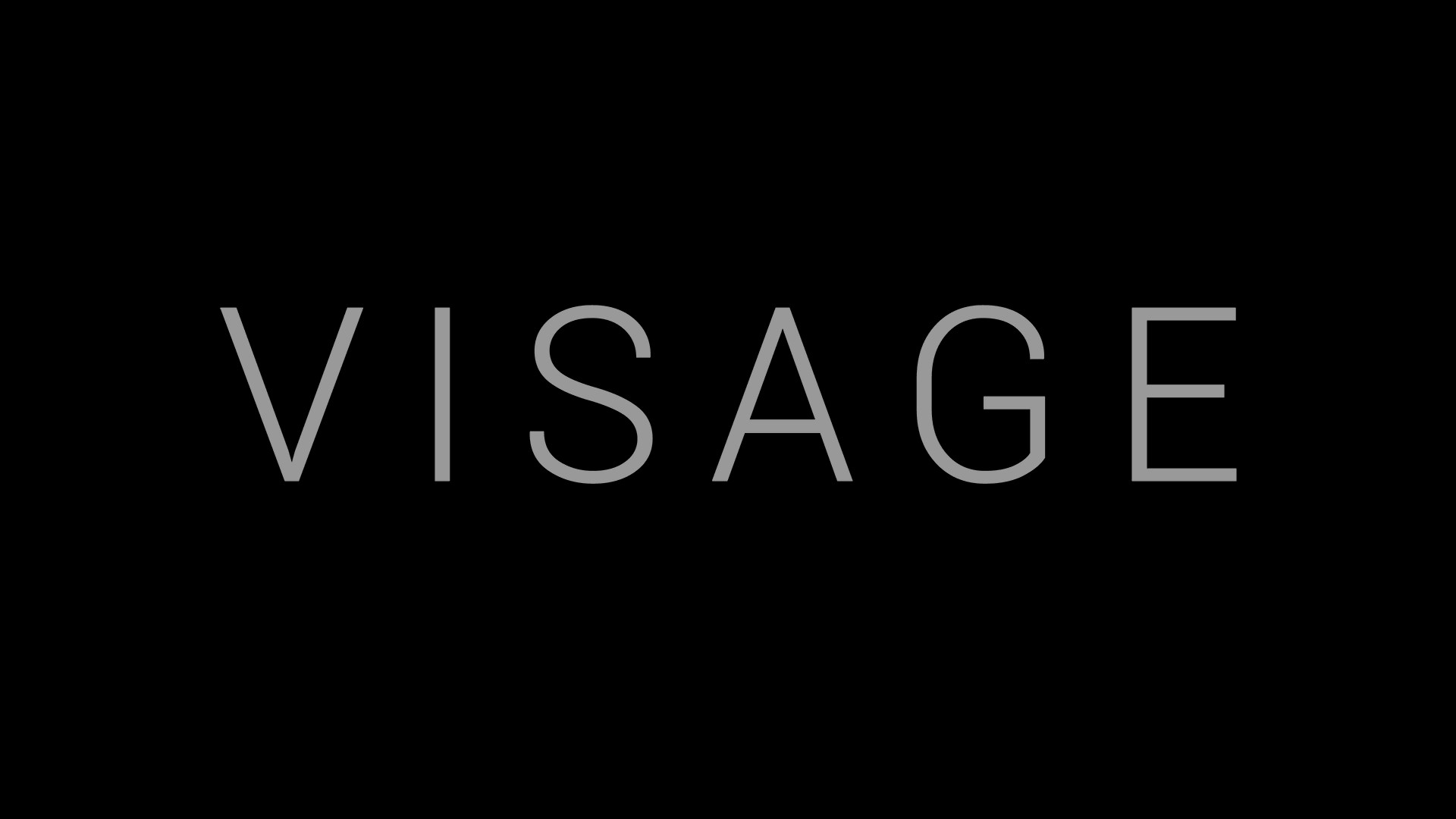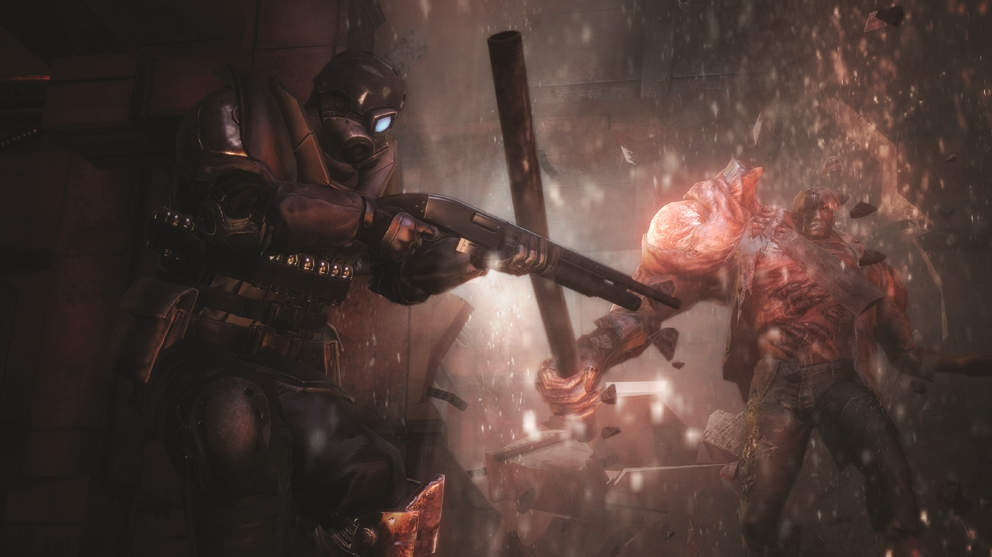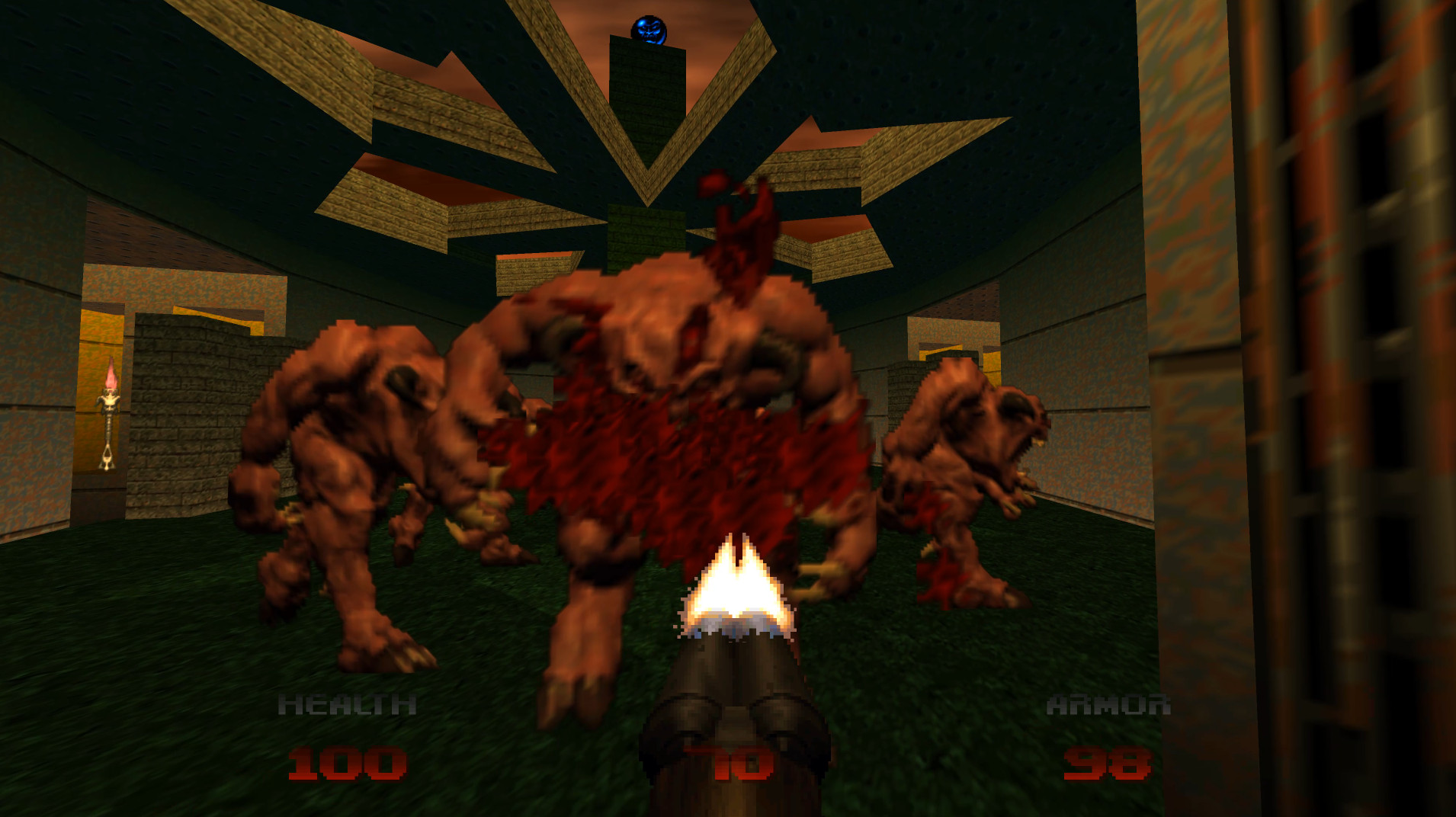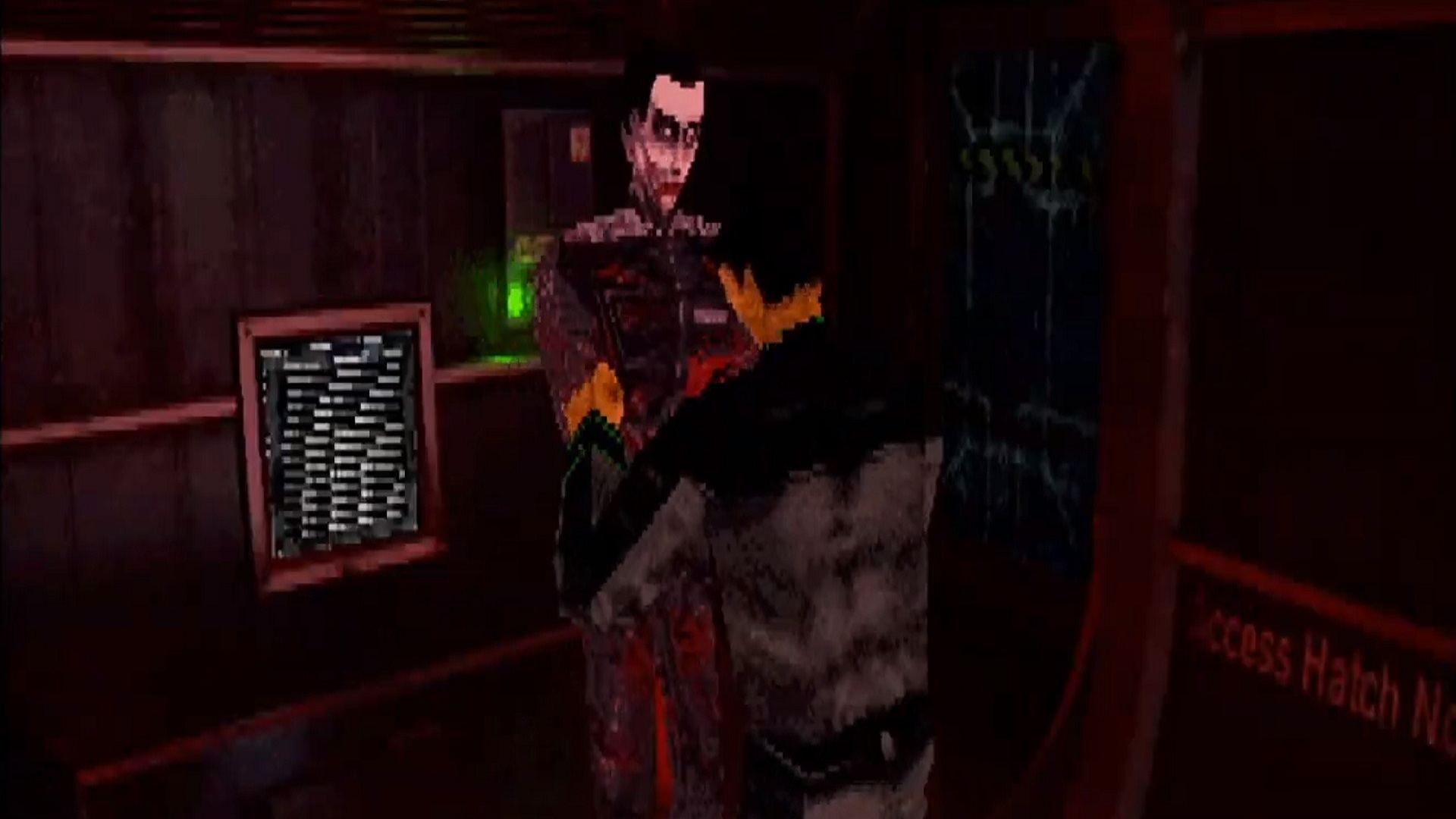
Visage Review – Did The Microwave Just Call Me A Bitch?
Developed and Published by SadSquare Studio
Available on PC (reviewed), Playstation 4, Xbox One
MSRP: $34.99
Effective atmosphere is everything when creating an engaging horror game. It can be achieved in a variety of ways—strategically placed jump-scares, some dread-building ambience, and an omnipresent sense of danger are just a few surefire examples of how to do so. That’s why when I found myself jumping out of my skin at the sight of a harmless jacket hanging on the wall in Visage, I knew that developer SadSquare had nailed the psychological-horror setting perfectly.
Upon starting the game, with its intimidating welcome and warning message, “Visage is hard,” you’re greeted with an even more disturbing cutscene in which you witness first-hand as your character takes a revolver and executes a woman and two kids in a very Sinister-esque way before seemingly taking his own life as well. Shortly after regaining consciousness, he rises from the pool of his own blood and stumbles through a strangely barren room. At the end lies a door. That door leads to a house. This is where the fun begins.

Visage is a great example of a horror game that got the perspective of gameplay down perfectly—first-person perspective is ideal for keeping tension at an all-time high as you creep around the claustrophobic corners of the house. While it can be played in VR, I opted for mouse and keyboard, but I think that the experience would be pretty similar either way. The environments are gorgeously ominous, accentuated by the moody lighting of the home. Two objects can be actively held in each hand (save the occasional two-handed item); Items include useful tools like lighters, candles and lightbulbs, and also important key items like keys that are stored in your inventory. Though I did feel that the controls were a bit clunky at times as I struggled to open certain drawers or light and place candles at first, I felt that I got used to them after a bit, which mostly alleviated the clunkiness. Luckily, for scattered players like me that tend to drop things left and right, important items necessary for story progression will automatically find their way to a designated room of the house if lost and left behind at any point.
In lieu of a health-bar, the primary method of staying alive as you navigate the labyrinth-like manor of Visage is by maintaining your “sanity”, which is indicated by a small brain icon in the lower left-hand corner. Low sanity beckons dangerous entities to appear that can lead to the abrupt demise of your character, surely inspired by the likes of the Amnesia and Eternal Darkness series. As you traipse through the hallways, rifling through cabinets and drawers searching for traces of what has transpired, the game will carefully remind you to avoid standing in the dark for too long. The capricious lighting between rooms makes this easier said than done: I found myself stumbling right into pits of darkness at times and scrambling back to the safety of table lamps in previous rooms quite often. Worse is that the malicious entities also lurking around the house seem to be aware of this as well: Don’t be surprised if the light switch you flipped on switches off seconds after you walk away from it. When the sanity meter has reached the dangerously low zone, “Paranormal Events” become more frequent, causing radios, TVs and appliances to begin acting on their own which only further sends you spiraling. I felt my low sanity in the game actually effecting how I started to view aspects of the game on my own, at one point being alarmed by what I thought was a bloody sofa that only turned out to be a floral print that was messing with my eyes.

The story of is non-linear and is explored via a system of chapters that begin when certain key items are picked up or examined, each connected to vague names of characters such as “The Dolores Chapter” or “The Lucy Chapter.” Upon beginning a chapter, key objects and items will begin spawning that guide you through events related to each character’s respective chapter. While the house is the main hub in which all of the events and chapters take place, Visage quickly takes supernatural and otherwordly twists. Without getting into spoiler territory, Dolores’ chapter had me taking a mallet to mirrors, revealing hidden passages that led to full-on dream sequences at times.
Visage live up very well to the psychological-horror genre that it tackles—if you’re a fan of analyzing symbolism and deeper meanings in games such as Silent Hill, you will feel right at home (pun intended) putting the pieces together to uncover the connection between the protagonist and the other characters. Why is there so many interactable beer cans all over the place? Who are each of the people in the various photographs littered around the house? Why did the kitchen appliances just begin speaking and roast the hell out of the residents of the house? Visage cleverly swings the pendulum of giving you just enough information for you to make your own inferences and theories, but never feel like you know exactly what has transpired.

Full-disclosure though, Visage does live up to the ominous message it presents at the beginning of the game: it is hard at times. The sprawling house has many rooms, and sometimes, it can be a bit frustrating searching for specific key items and figuring out where to go next. I ended up being very appreciative of the Storage Room for salvaging the important items that I kept losing along the way. On the other hand, however, when I did come across the occasional puzzle, I felt that they struck a nice balance of not being too difficult or too simple. Despite the occasional roadblock of not being sure what exactly I was missing that was stopping me from advancing, I felt that the flow of the game was steady and kept me engaged till the end.
Visage is without a doubt one of the most successfully atmospheric horror games that I’ve played in a while. For someone like me who is starving for more Silent Hill, the psychological horror and symbolism of Visage was extremely refreshing, and the inspiration is both very clear and very well executed (hint hint: be sure to try and find the hidden Silent Hill easter egg).




